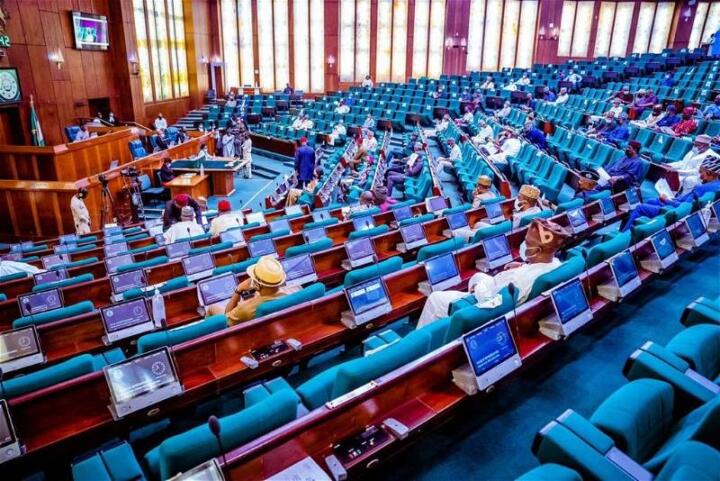A bill with the potential to significantly alter the landscape of retirement within the armed forces has achieved a noteworthy milestone by successfully passing its second reading in the House of Representatives.
Co-sponsored by Gaza Gbefwi, a legislator representing Nasarawa, and supported by seven other lawmakers, this proposed legislation aims to elevate the retirement age for members of the armed forces in Nigeria. Specifically, it seeks to raise the retirement age from 60 to 65 and extend the number of years of service from 35 to 40, marking a significant shift in the established norms governing military service.
This legislative endeavor is rooted in the desire to bring about a substantial transformation within the armed forces, which plays a crucial role in the security and defense of the nation. The bill, as reported by InfoStride News, seeks to amend section 18 of the Armed Forces Act of 2004 and introduce an entirely new subsection (subsection 4) into section 30 of the existing legislation.

One of the key provisions of this proposed bill involves the appointment of service chiefs, including the heads of the army, air force, and navy, from within their respective services. However, it allows for the chief of defense staff to be chosen from any of the armed forces, thereby providing some flexibility in the selection process.
Perhaps one of the most significant features of the bill revolves around the continued service of experienced military officers even after their official retirement. It mandates that military officers who would otherwise be compelled to retire upon the appointment of their subordinates as service chiefs must now be engaged by the chief of defense staff as senior technical consultants. These senior officers will be responsible for training future officers in institutions such as the defense college, armed forces staff college, or related institutions.
The rationale behind this provision is to ensure that the wealth of knowledge and experience possessed by senior military officers is not lost to premature retirement. It seeks to create a mechanism whereby the country can continue to benefit from the expertise and experience of these individuals. Traditionally, many senior military officers face forced retirement when their juniors are appointed as service chiefs, leading to the potential loss of invaluable institutional knowledge.
During the recent debate on the bill, Gaza Gbefwi, the legislator who co-sponsored the bill, articulated its objectives. He stated, “The objective of the bill is to ensure that serving military officers learn from the wealth of experience of senior military officers compulsorily retired as a result of the appointment of their juniors as chief of defense staff or service chiefs. It also aims to provide for 40 years of service or 65 years of age, whichever comes first, as the new retirement age for members of the armed forces.”
This statement encapsulates the core intentions of the bill, which include the preservation of institutional knowledge and the establishment of a new retirement age that aligns more closely with international standards. The proposed retirement age of 65 or 40 years of service, whichever comes first, aims to strike a balance between the need for experienced personnel and the realities of aging.
It is crucial to note that the bill, as outlined by InfoStride News, does not extend its provisions to individuals who have been retired due to disciplinary actions or health reasons. The focus remains on retaining experienced military officers, thereby bolstering the professionalism and knowledge base of the armed forces without compromising the essential principles of discipline and health.
In summary, the proposed bill, which has successfully advanced in the House of Representatives, carries the potential to usher in a new era for the retirement age and service tenure of members within the Nigerian armed forces. By increasing the retirement age to 65 and extending the years of service to 40, it reflects a commitment to maintaining experienced officers within the ranks. This strategic move not only recognizes the value of their expertise but also contributes to the ongoing development and efficiency of the nation’s defense and security apparatus. As the bill progresses through legislative channels, its implications for the armed forces and the nation’s security landscape will continue to be of significant interest and debate.
Support InfoStride News' Credible Journalism: Only credible journalism can guarantee a fair, accountable and transparent society, including democracy and government. It involves a lot of efforts and money. We need your support. Click here to Donate
